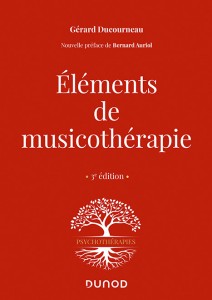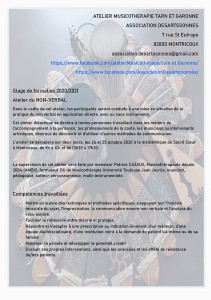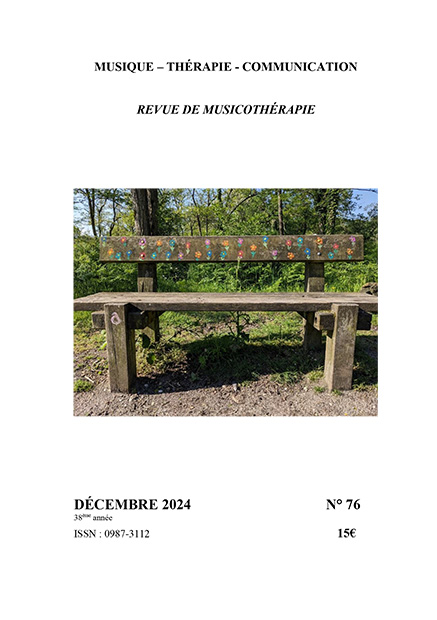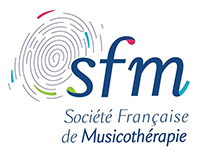
Présentation du livre La musicothérapie est une prise en charge psychothérapeutique qui se propose de traiter différents troubles afin d’apporter un mieux-être à des personnes en situation de handicap (physique, psychique ou social) grâce à la musique et ses composantes : rythme, son, voix… À la frontière entre pratique de soin et relation d’aide, elle [...]
PLUS »
![[ANGLAIS PDF] Music in a hospital setting: A multifaceted experience](http://pirem.org/wp-content/uploads/2020/12/pexels-gratisography-451-300x199.jpg)
![[ANGLAIS PDF] A comparison between the use of songs and improvisation in music therapy with adults living with acquired and chronic illness. Aust. Jnl of Music Therapy, 18, 20-38 by Wendy Magee](http://pirem.org/wp-content/uploads/2020/11/recording-2570056_640-300x199.jpg)
![[ANGLAIS PDF] The Social and Emotional Needs of Gifted Children: Implications for Family Counseling](http://pirem.org/wp-content/uploads/2020/11/pexels-matheus-bertelli-573298-300x189.jpg)
![[ANGLAIS PDF] Music therapy song repertoire for children with autism spectrum disorder: A descriptive analysis by treatment areas, song types, and presentation styles](http://pirem.org/wp-content/uploads/2020/11/children-3996228_640-300x199.jpg)
![[ANGLAIS] Giving Voice to Service User Choice: Music Therapy as an Anti-Oppressive Practice » by Sue Baines](http://pirem.org/wp-content/uploads/2020/10/dominate-2340207_640-300x237.jpg)
![[ANGLAIS PDF] MUSIC AND THE FUNCTIONS OF THE BRAIN: AROUSAL, EMOTIONS, AND PLEASURE EDITED BY : Mark Reybrouck, Tuomas Eerola and Piotr Podlipniak](http://pirem.org/wp-content/uploads/2020/10/brain-1845962_640-300x226.jpg)

![[Anglais] Feasibility and acceptability of group music therapy vs wait-list control for treatment of patients with long-term depression (the SYNCHRONY trial): study protocol for a randomised controlled trial](http://pirem.org/wp-content/uploads/2020/09/pexels-kat-jayne-736843-300x200.jpg)
![[ANGLAIS PDF] The use of a music therapy choir to reduce depression and improve quality of life in older adults – A randomized control trial](http://pirem.org/wp-content/uploads/2020/09/pexels-pixabay-236151-300x200.jpg)


